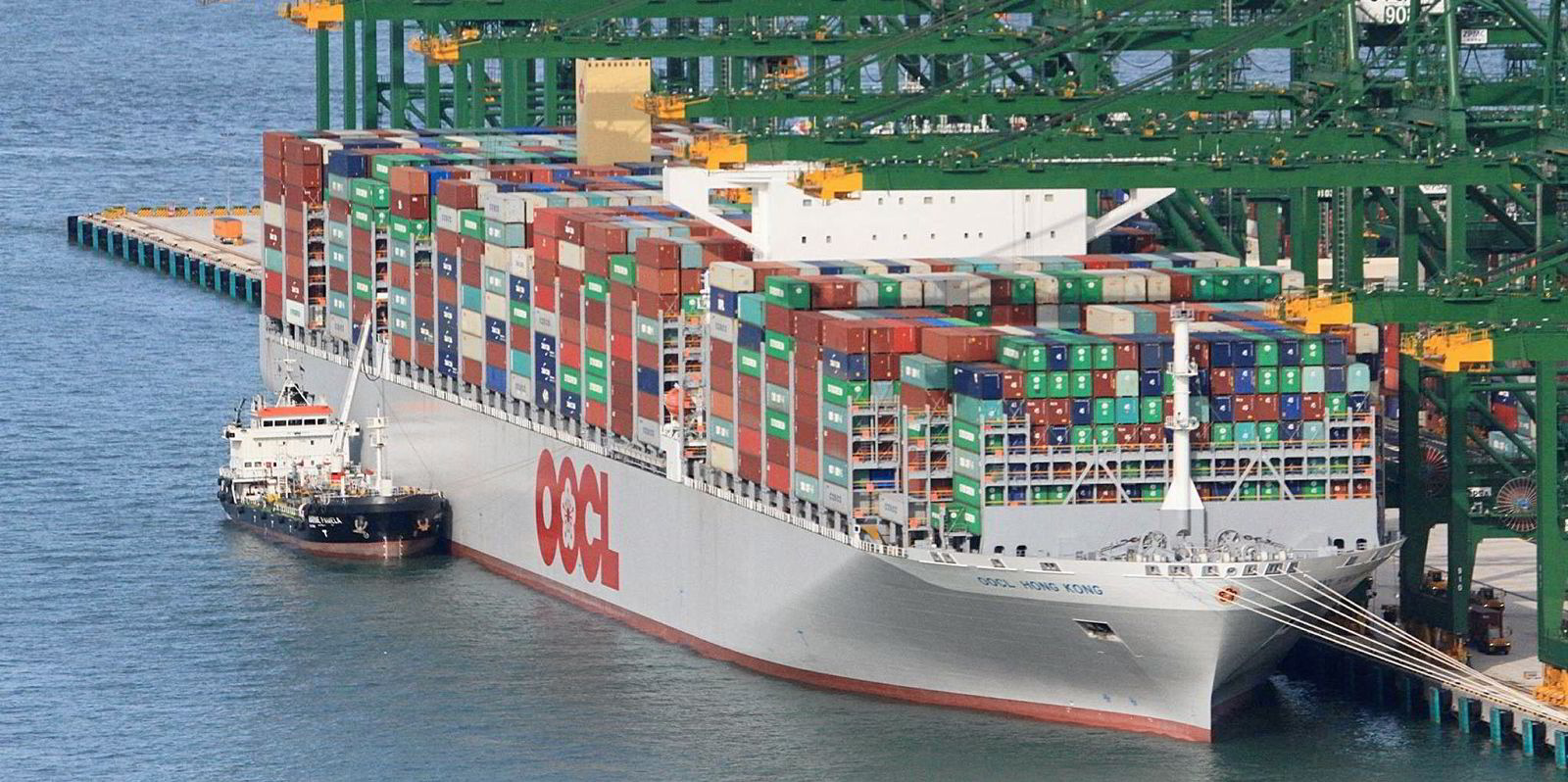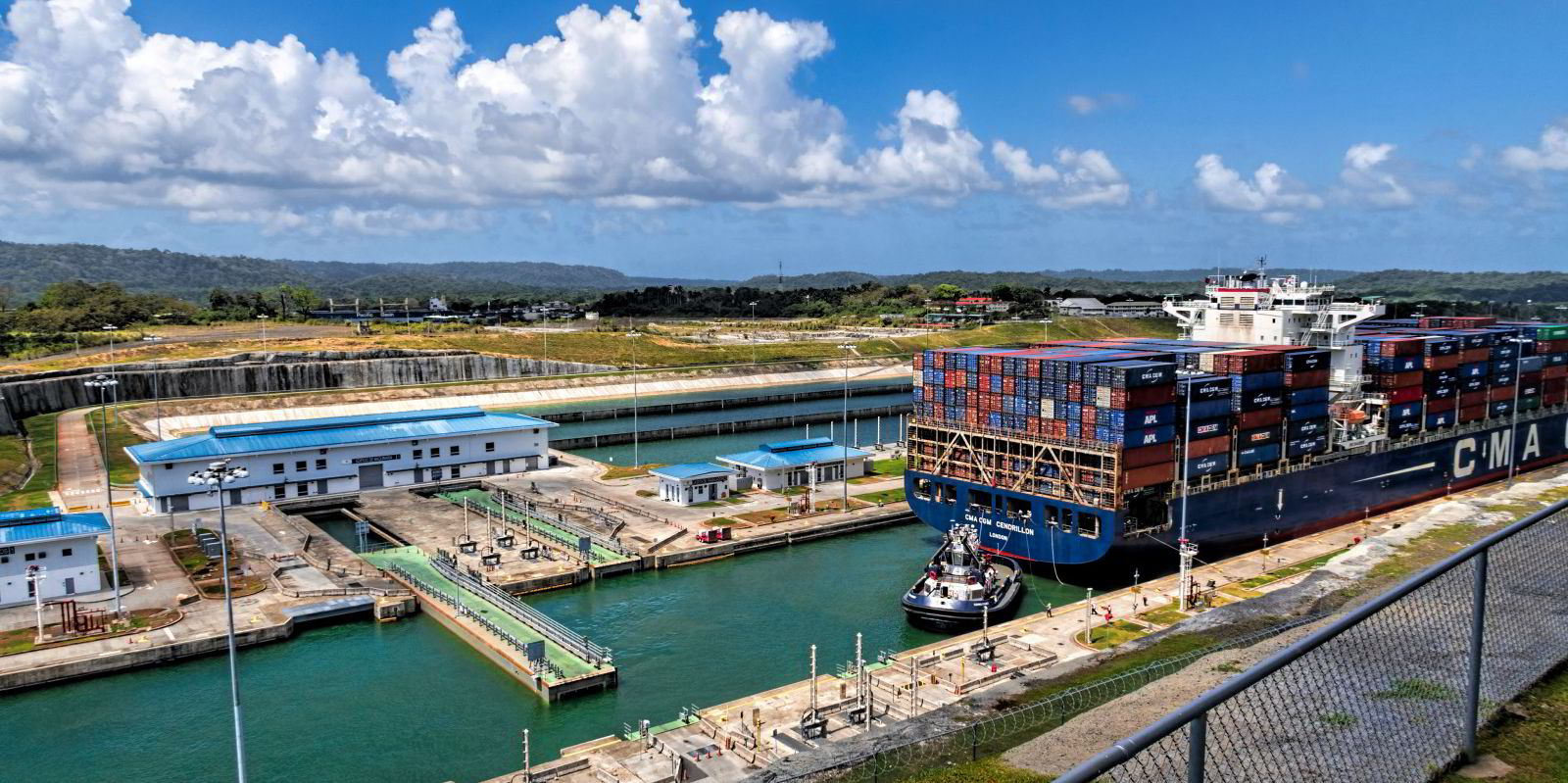Orient Overseas Container Line (OOCL), a company ultimately belonging to China Cosco Shipping, announced it is suspending all business in Israel.
“Due to operational issues, OOCL will stop cargo acceptance to and from Israel with immediate effect until further notice,” the company said on its website.
OOCL, one of the world’s biggest integrated container transportation and logistics companies, is one of several organisations that saw one of its ships attacked by Yemen’s Houthi rebels.
On 3 December, the OOCL-chartered, 4,253-teu boxship Number 9 (built 2007) was hit by a drone attack launched by the Houthis.
The Houthi regime, which controls large swathes of Yemen, started attacking commercial vessels last month to put pressure on Israel in its war with Hamas in Gaza.
The Houthis claim to be targeting only vessels they believe to be controlled by Israeli interests or calling at Israeli ports.
However, after a fresh bout of Houthi attacks over the past week that seem rather indiscriminate, the security situation deteriorated to such an extent that the world’s three biggest container liners announced on 15 and 16 December that they were suspending all sailings through the Red Sea and the Suez Canal.
OOCL is one of the first lines — if not the first — to state publicly that it will no longer handle cargo bound to or from Israel, opening up a new aspect to the rising tension in the region.
OOCL's parent group is Orient Overseas (International) Limited (OOIL), which is controlled by China’s Cosco group.
Suez Canal plays down ship diversions
The focus now switches to what other major shipping players and container liners will do.
The Suez Canal Authority (SCA), which stands to suffer significant commercial damage in the case of massive ship detours around the Cape of Good Hope, said on Sunday that the situation remained normal.
“Navigation through the Suez Canal flows normally as usual,” SCA chairman and managing director Admiral Osama Rabie wrote on X on Sunday.
According to SCA figures, just 55 vessels went around Africa between 19 November and 17 December, compared with 2,128 that crossed Suez during the same period.
“Suez Canal is watching the ongoing tensions in the Red Sea closely and examining their effect on the navigation traffic through the canal in light of announcing [sic] some shipping companies are shifting their journies [sic] to the Cape of Good Hope, temporarily,” Rabie wrote.






